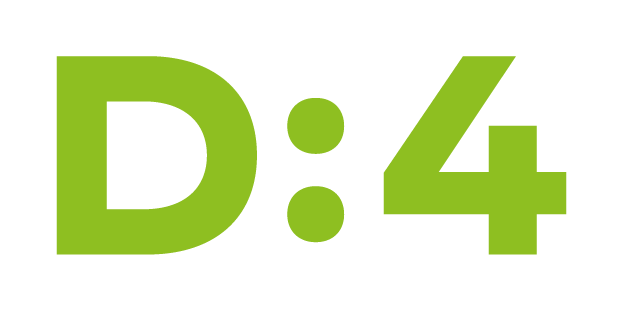Evangelischer Kirchenkreis Münster: Development concepts for community real estate
North Rhine-Westphalia
As independent expert consultants, D:4 Architektur is assisting the Evangelical Church District of Münster North Rhine-Westphalia (NRW) with a project that is both important and challenging: The Evangelical Church of Westphalia has adopted the Climate Strategy 2040, and the task now is to implement it. Among other things, the climate protection strategy requires interventions to reduce and sustainably renovate church buildings. To achieve the goal of climate neutrality by 2040, it is expected that 40 percent of the church-owned buildings will have to be reduced.
Building stock and climate protection
The total of 24 congregations in the Evangelical Church District of Münster are organized into the three synodal regions of Lüdinghausen, Warendorf and Münster. They have numerous buildings, some of which are in need of renovation and no longer meet current energy requirements, and some of which are underutilized in view of shrinking membership. Among other things, this raises the following questions: How can structures be better shared and synergy effects promoted? How can the building structure be meaningfully concentrated and transformed to ultimately become more energy-efficient, ecological and sustainable?
In the synod's development concept for parish real estate, the architectural office D:4 is initially supporting six parishes in the southern Münsterland region. For this challenge and in dealing with listed buildings, the office brings a lot of experience, for example, parish analyses for the archdiocese of Berlin, for the Protestant church districts of Berlin-Nordost, Rotenburg (Wümme) and Verden (Aller) or already in 1999 for Hamburg parishes.
Task: Analyze, evaluate and further develop potential
The nine locations of the commissioning municipalities in southern Münsterland include churches, community centers, parsonages, diaconal buildings and kindergartens. D:4's approach is divided into several steps in order to record the energy, functional and economic potential of these properties and to provide information and propose development concepts in a dialogical process. At the same time, the strategy developed by D:4 for this purpose offers opportunities to ensure that municipal properties meet energy and other important requirements such as accessibility in the future.
The creation of an overview of the inventory including research on the building history and plans as well as its documentation forms the basis. The second step is the analysis of the utilization of the buildings and rooms together with the respective municipality, for which D:4 brings a specially developed methodology. Not only a utilization analysis and evaluation is carried out, but also the functional and economic examination of the selected municipal real estate.
Since the congregations usually have hardly any resources of their own to carry out the - often extensive - restructuring of their real estate, D:4 further develops suitable carrier models including the development of a proposal for cross-congregational management taking into account the respective capacities in the church district. Finally, D:4 proposes a concrete implementation concept to the congregations.
As a model project for the implementation of a concept, D:4 can look to the community center and the St. Hedwig daycare center, which the office realized for the Catholic parish of St. Hedwig Buckow-Müncheberg and the children's house of the Catholic Parents' Circle Strausberg.
